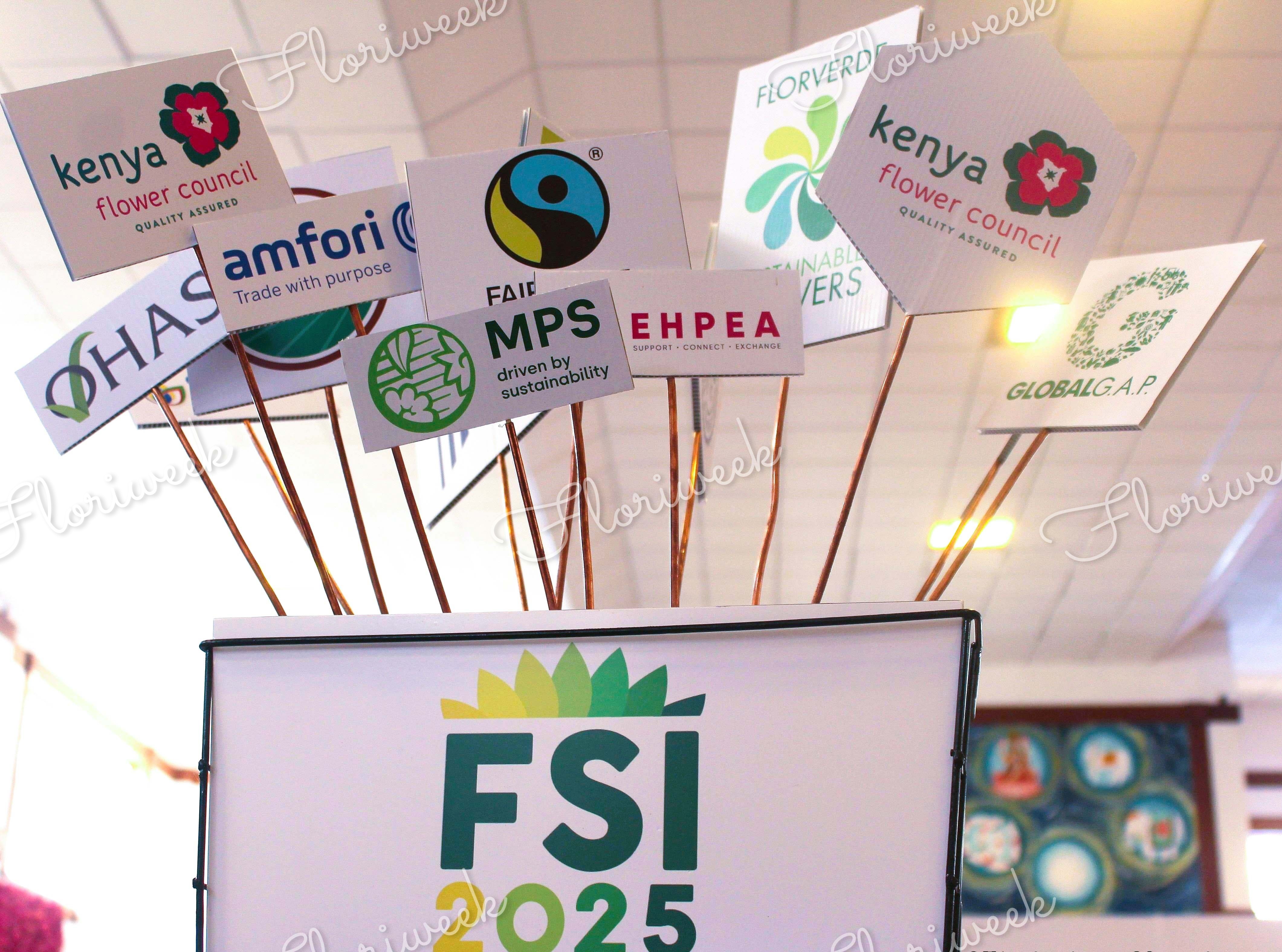
Certification is a vital part of the floriculture sector, helping farms meet international market demands while promoting responsible and sustainable practices. Yet, several myths still surround it, creating confusion about its purpose, cost, and accessibility. The Kenya Flower Council (KFC), has been actively addressing these misconceptions to help growers understand the real value of certification. It is time to clear the air and separate fact from fiction.
Myth 1: Certification Is Only for Large Farms
It is a common belief that certification is reserved for big, export-focused farms with deep pockets. The truth is, smallholder growers are just as capable of achieving certification. Through group certification models and targeted support programs, these growers can access the same sustainability tools and market opportunities as larger operations. This inclusivity is crucial for making environmentally responsible and socially fair practices accessible to all players in the value chain.
Myth 2: Certification Is Just a Marketing Gimmick
Some dismiss certification as little more than a branding tool. In reality, it is a comprehensive framework built on strict environmental, social, and agricultural standards. Certified farms must meet rigorous criteria covering everything from responsible chemical use and waste management to fair labor practices and worker welfare. Far from a gimmick, certification builds transparency, accountability, and trust with global buyers.
Myth 3: Certification Is Too Expensive
While obtaining certification does involve costs, viewing it solely as an expense overlooks its long-term value. Certified farms often benefit from improved market access, better pricing, stronger business resilience, and enhanced operational efficiencies. The investment pays dividends through increased credibility and sustained demand in competitive markets.
Myth 4: Once Certified, a Farm Is Compliant Forever
Sustainability is not a one-time achievement. Certification requires an ongoing commitment to maintain and improve standards. Regular audits and assessments ensure farms remain compliant as regulations, market expectations, and environmental conditions evolve. This continuous improvement mindset keeps certified farms ahead in a rapidly changing industry.
Why Certification Matters
Certification is a strategic investment in the future of the flower sector. It strengthens farm operations, builds consumer confidence, and ensures the country’s flowers remain competitive in discerning international markets.
For more details, check https://kenyaflowercouncil.org/
